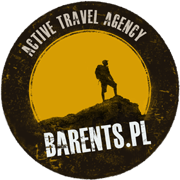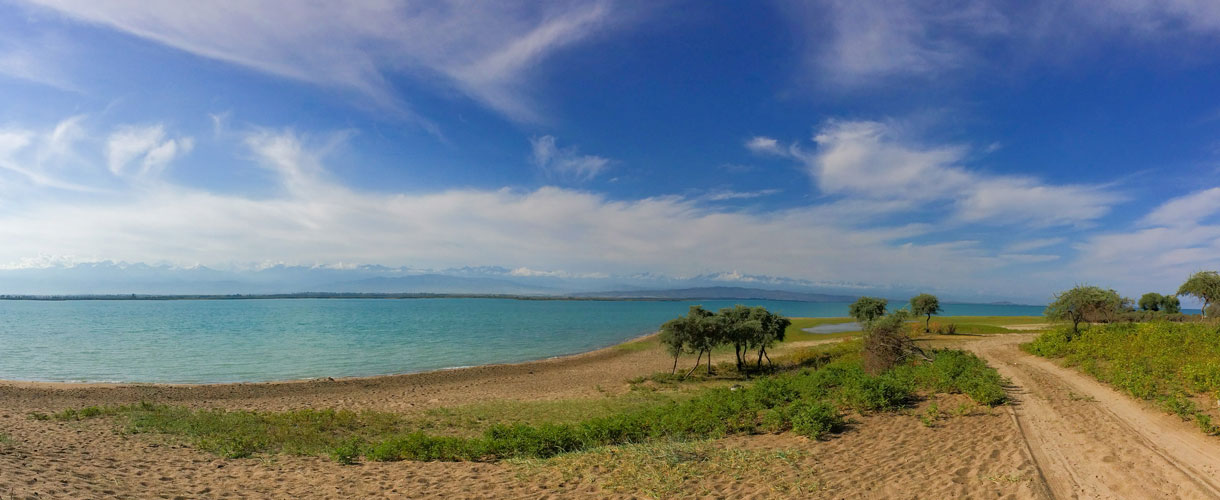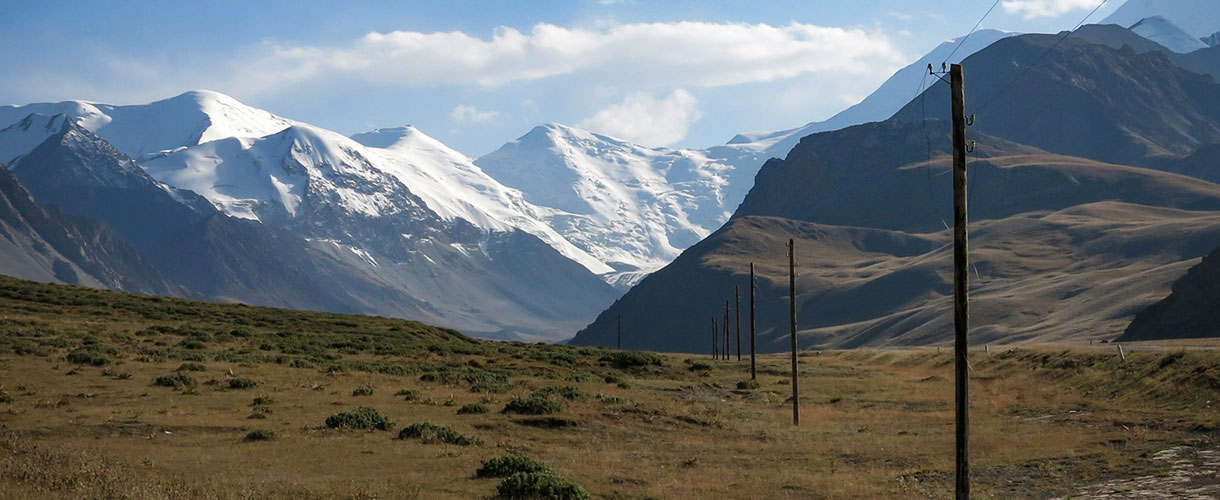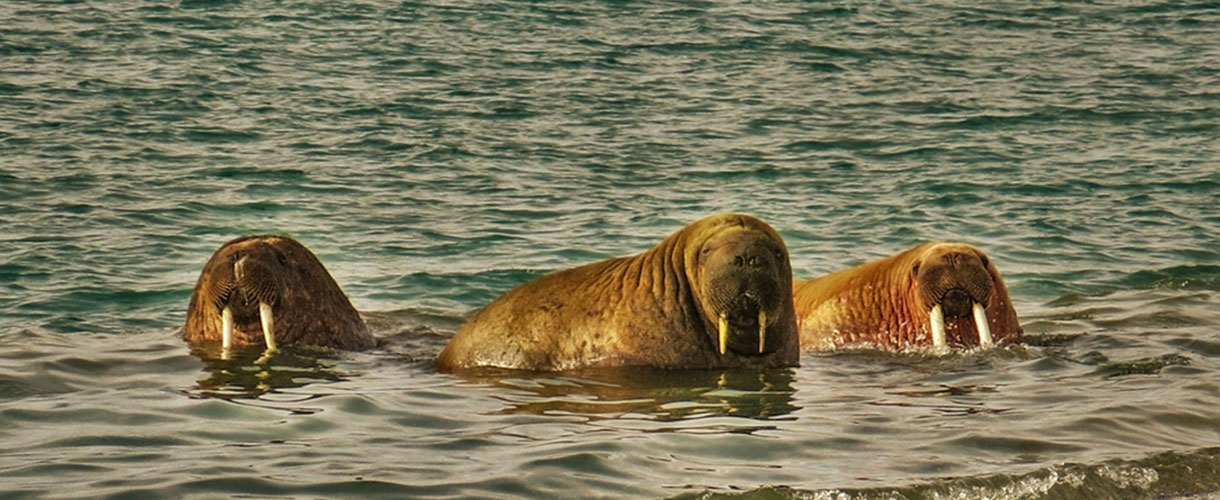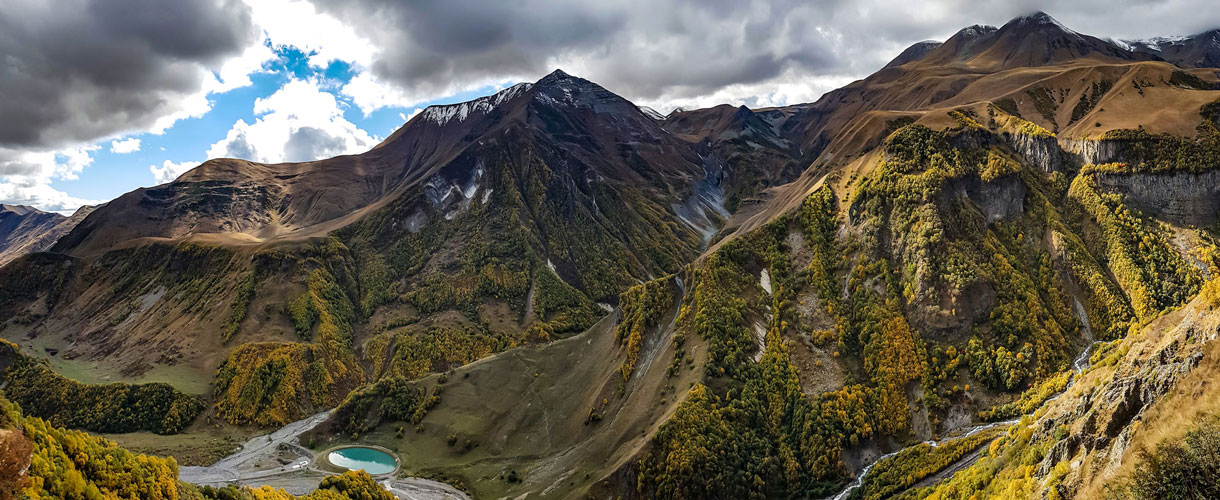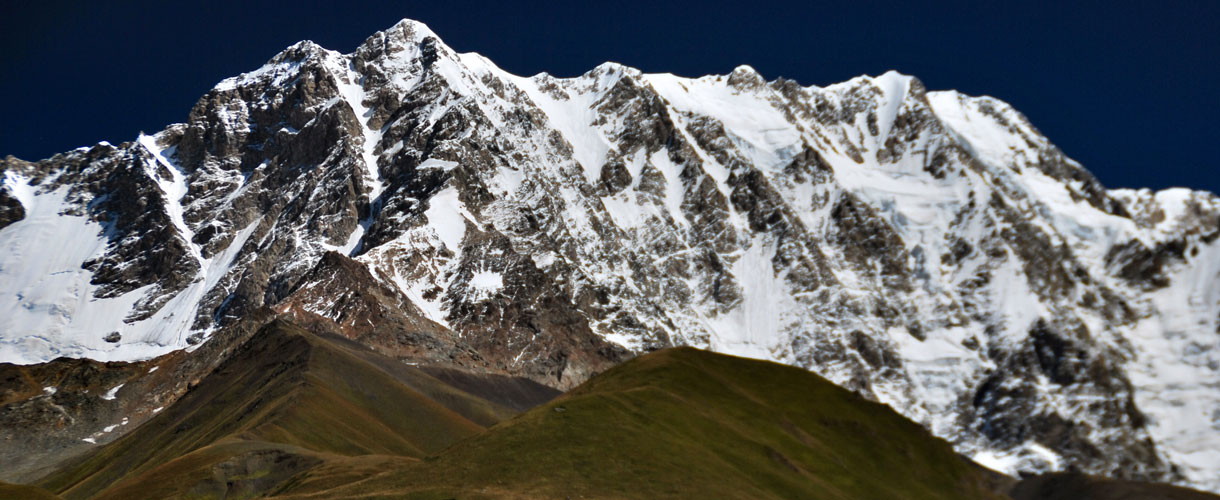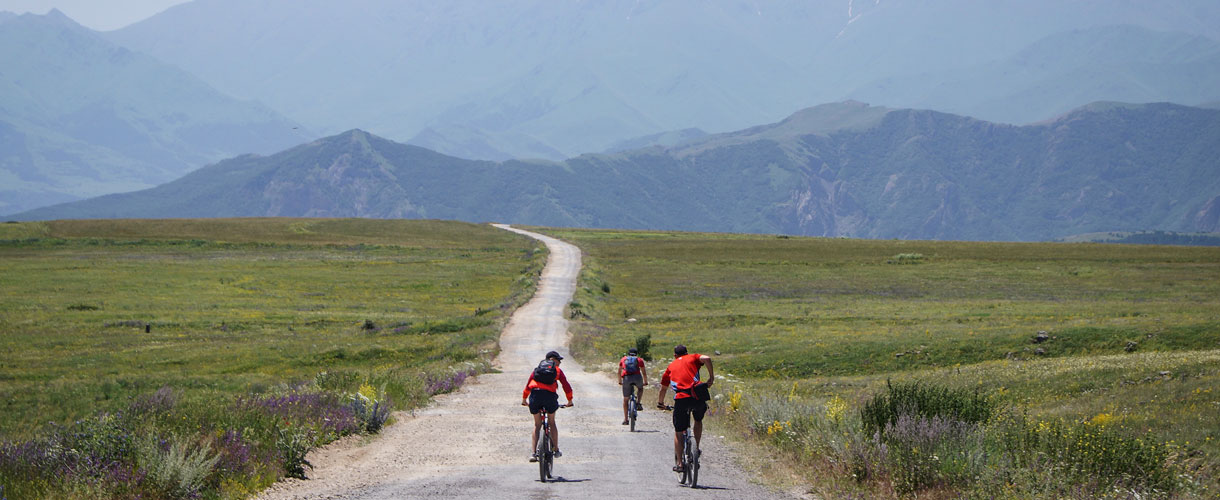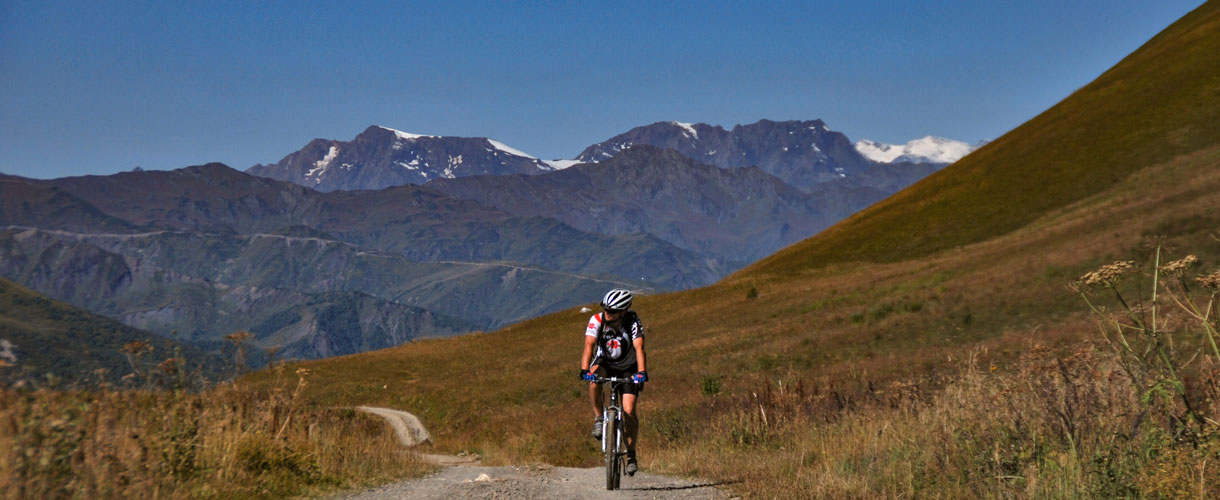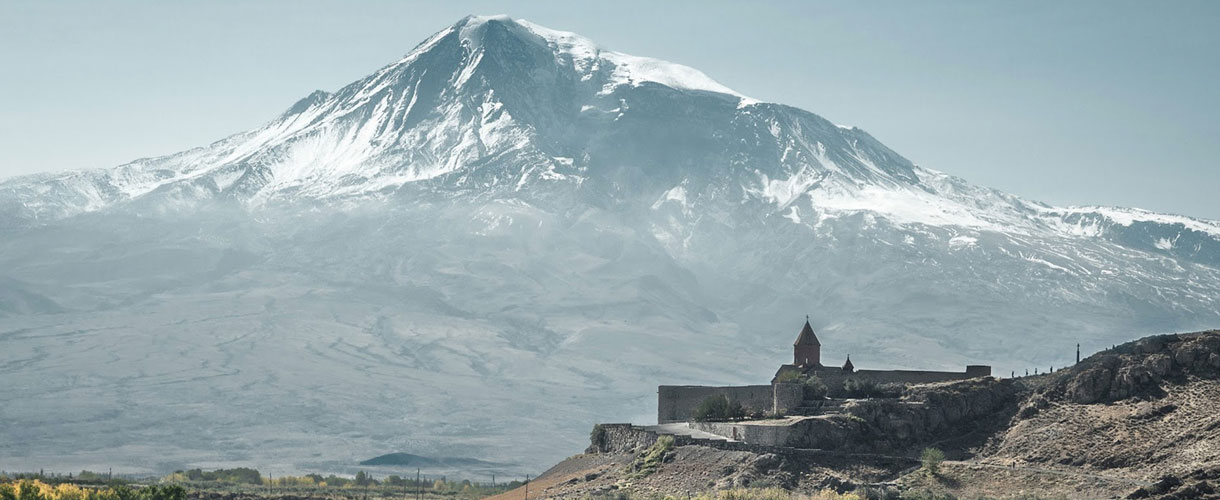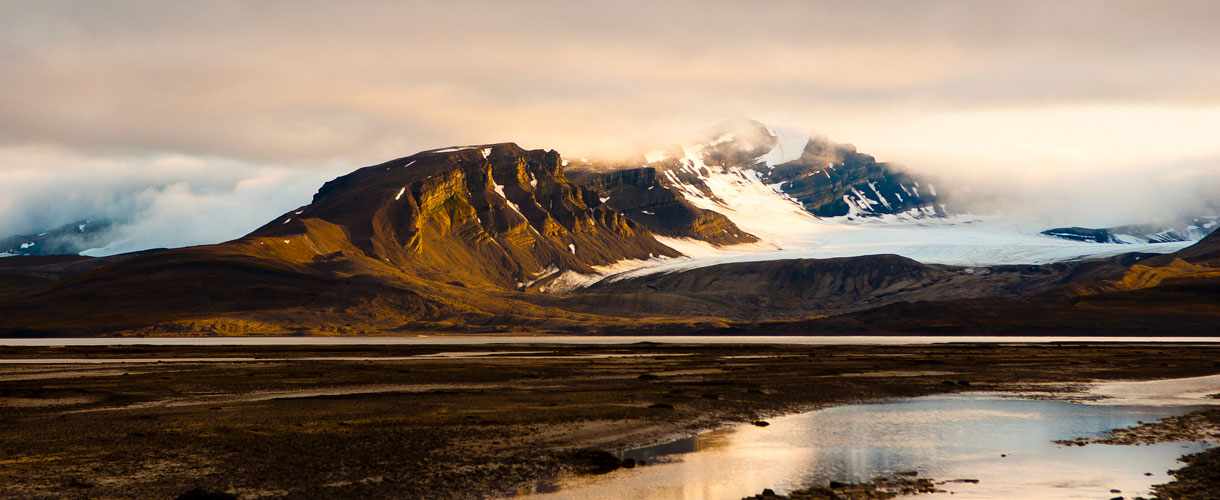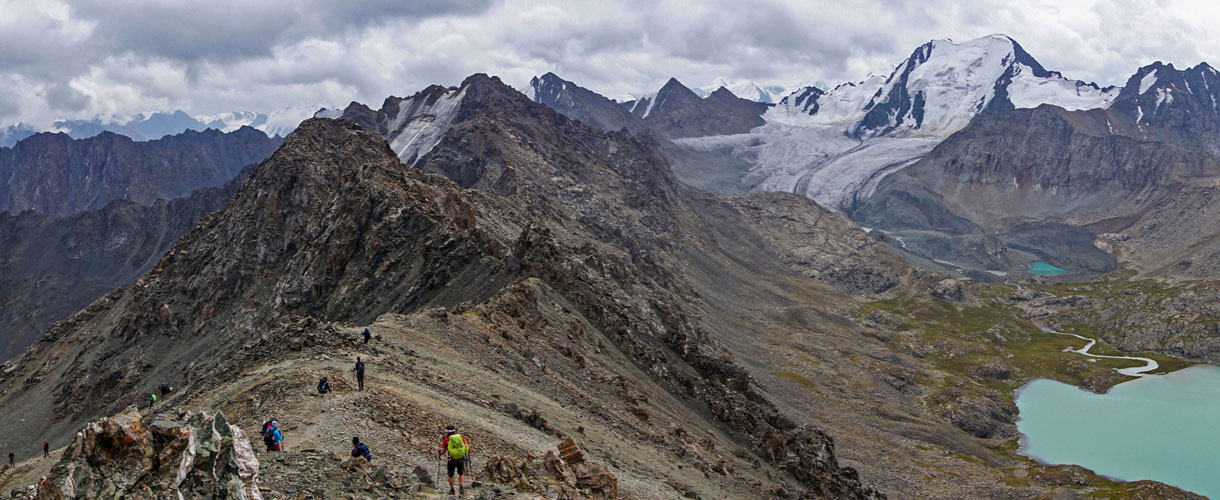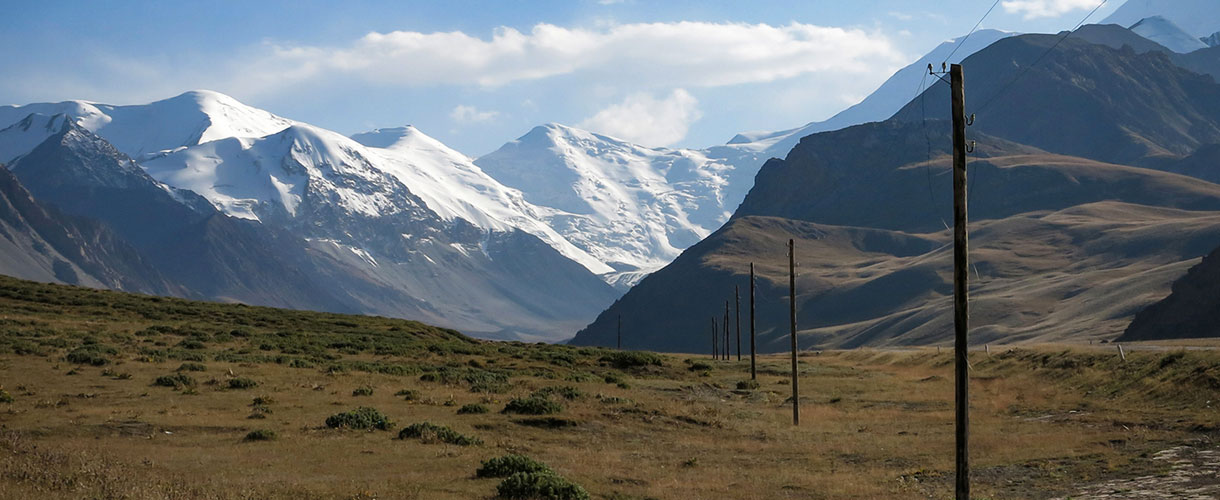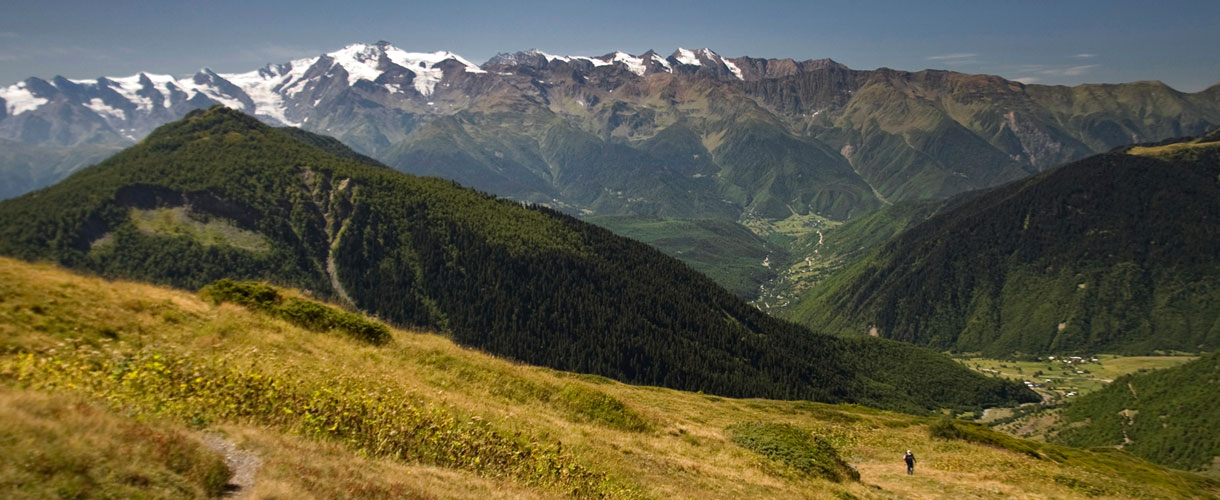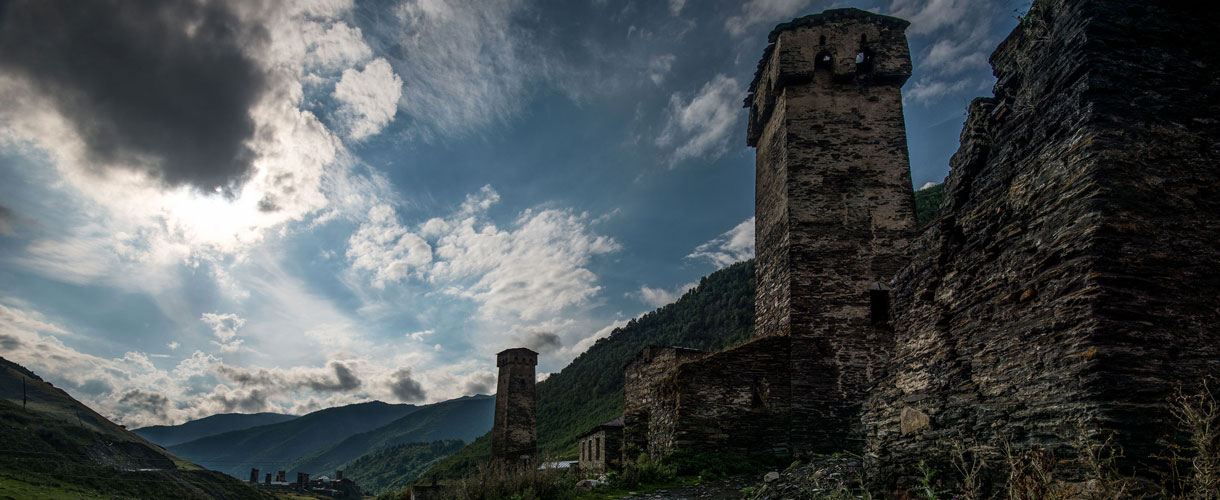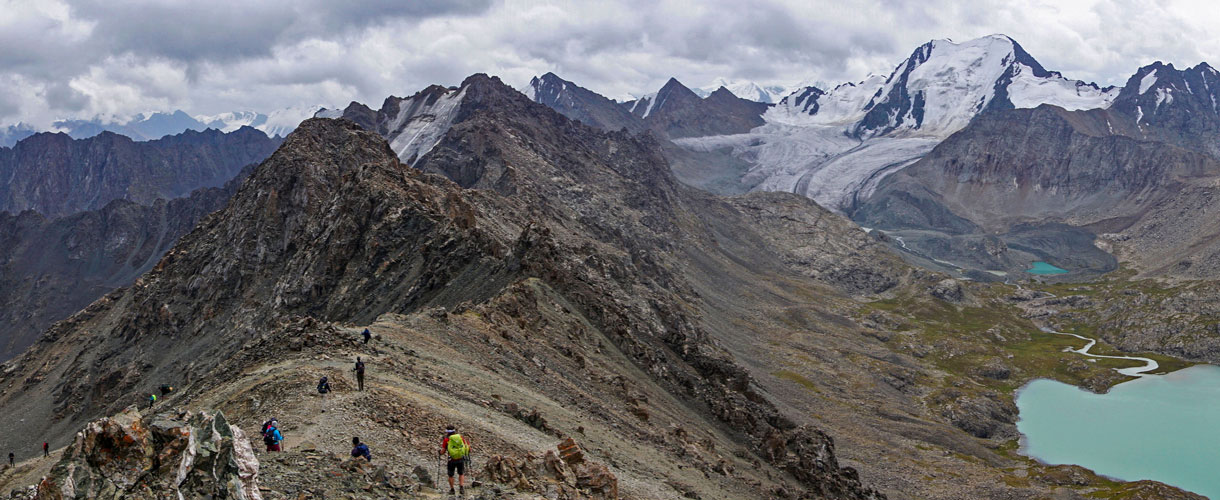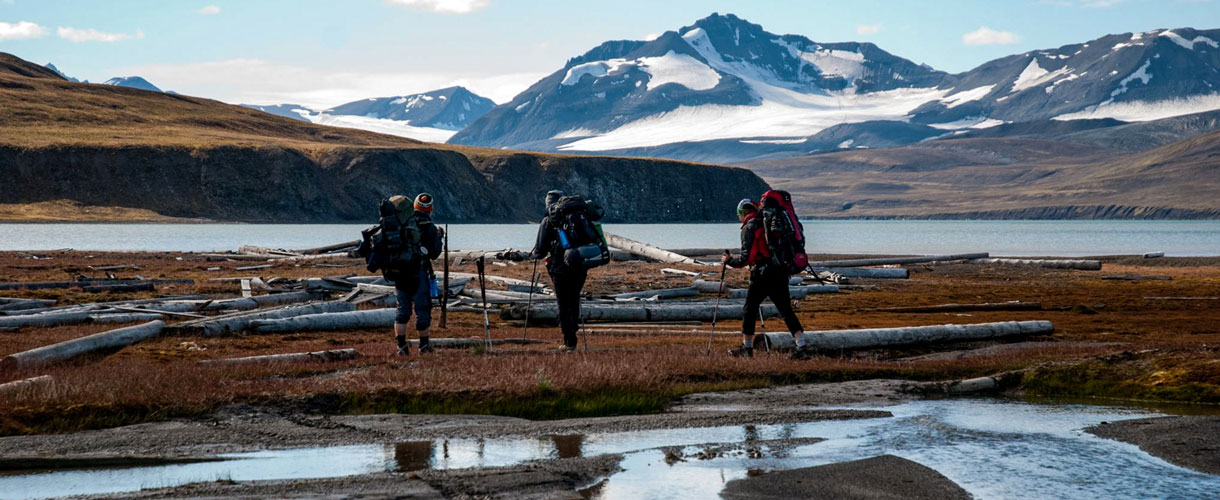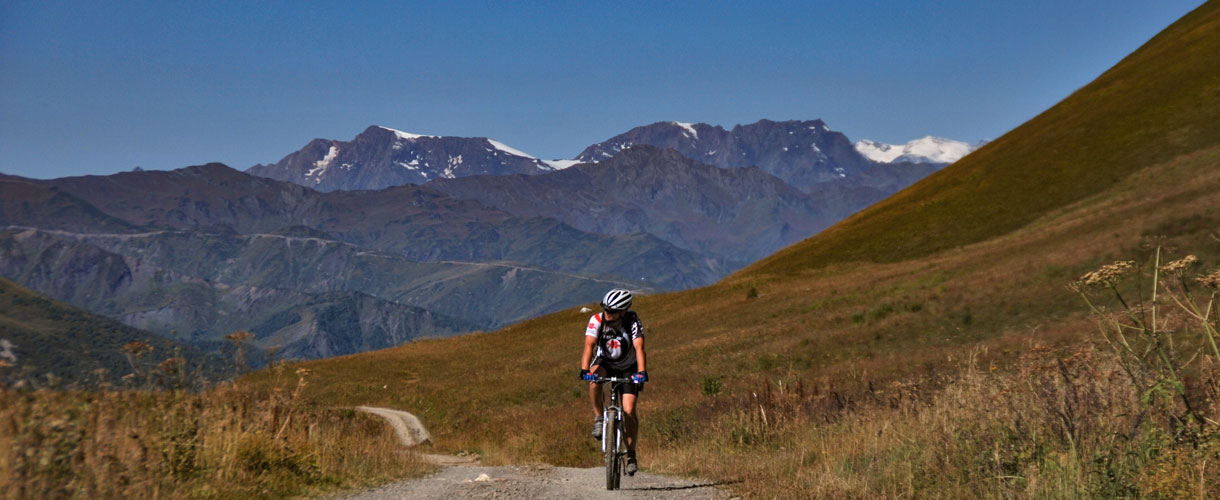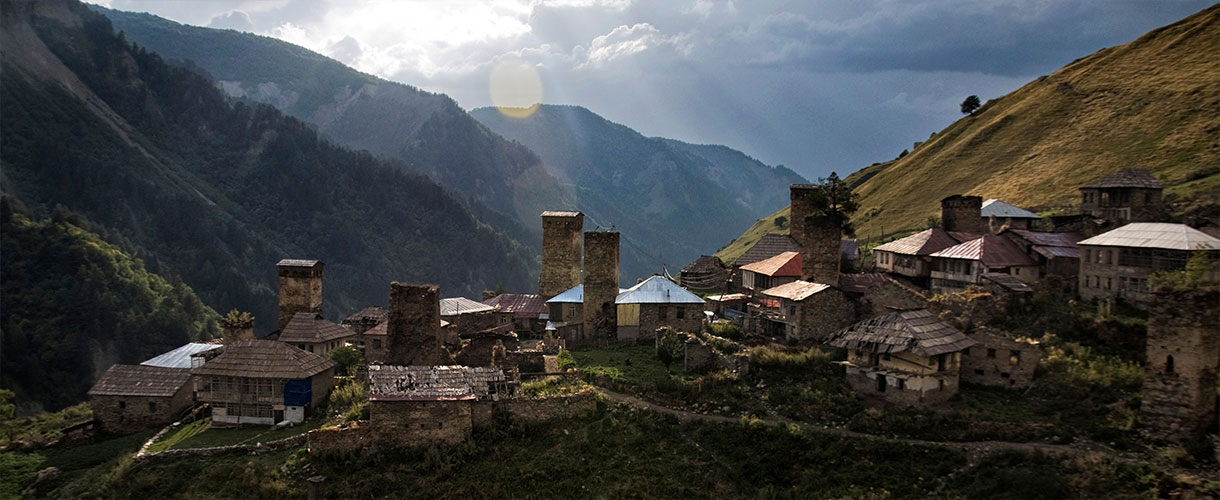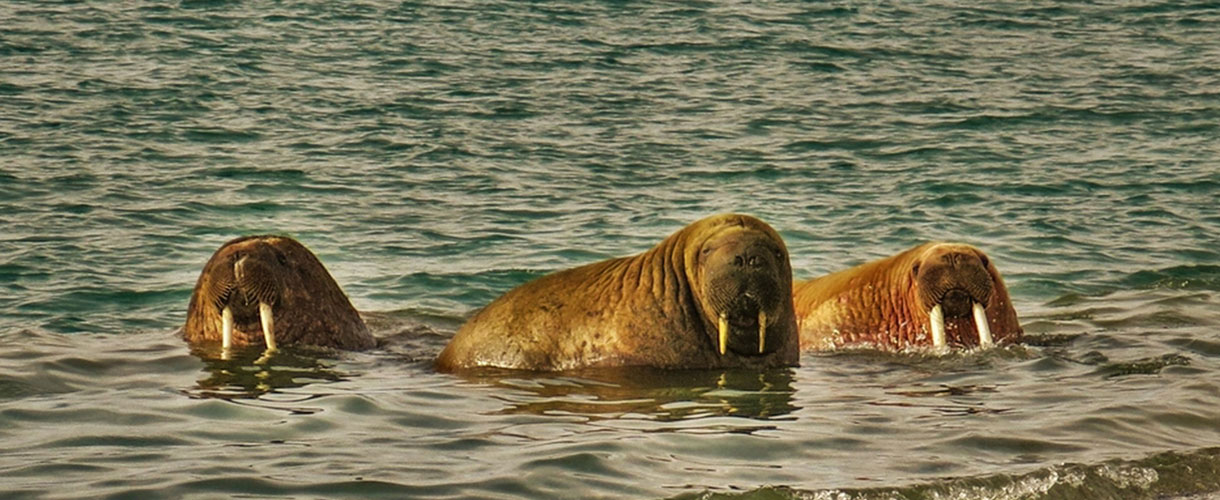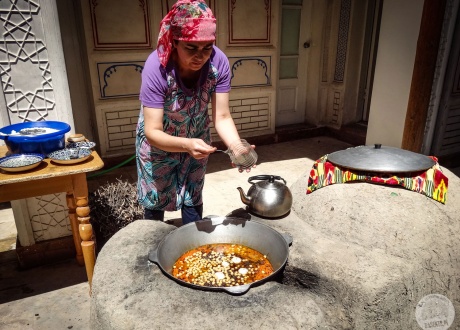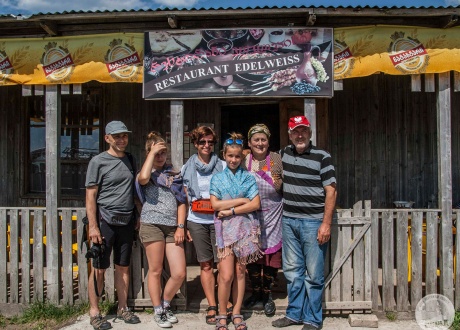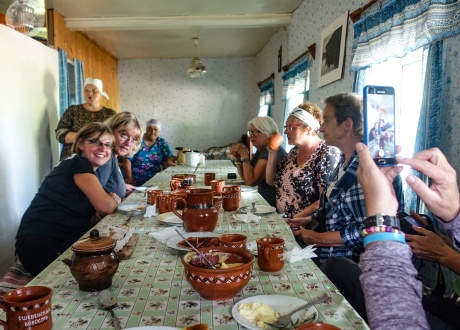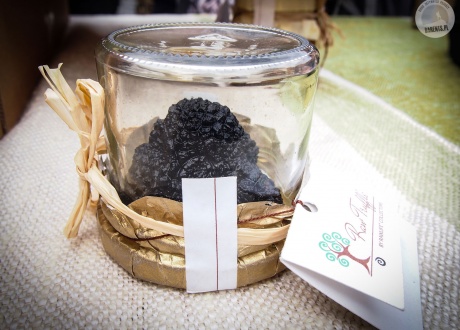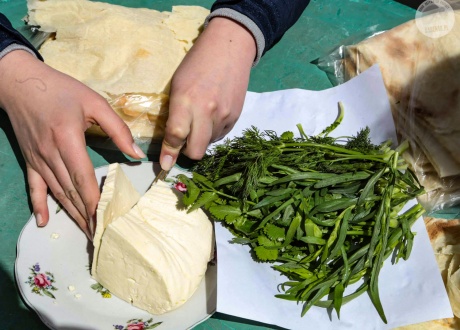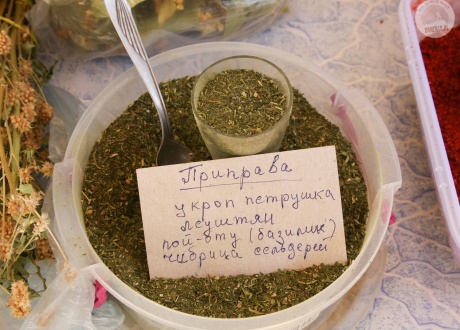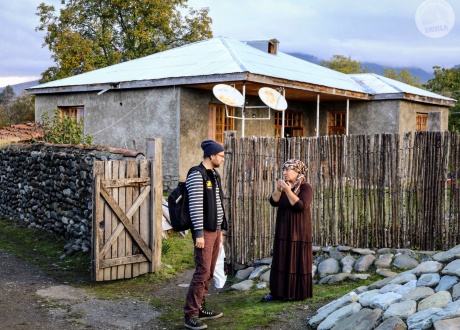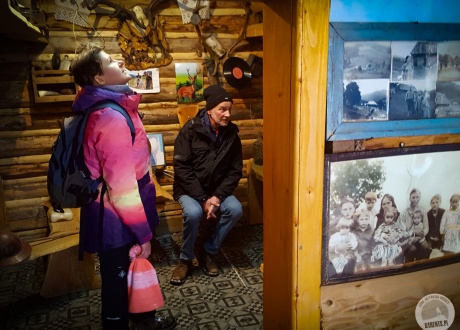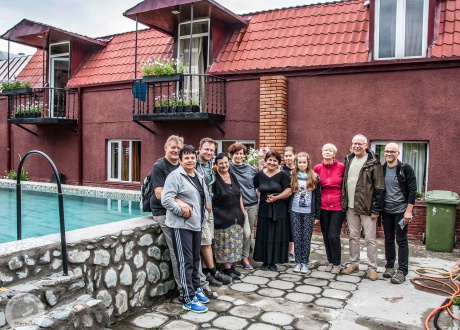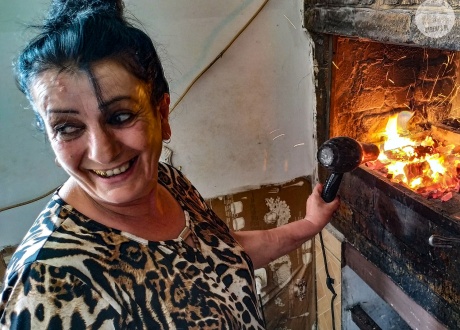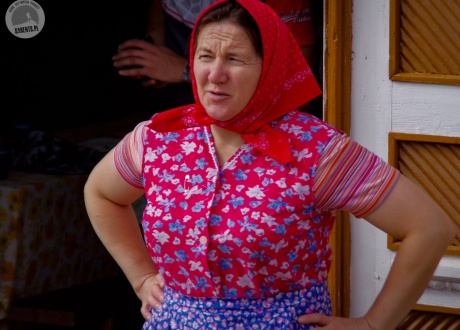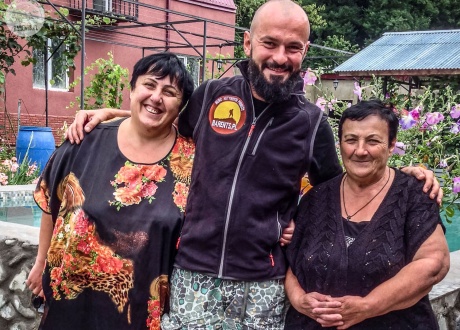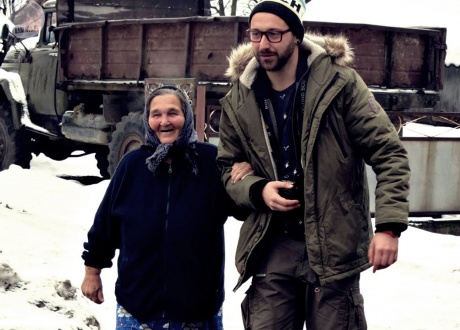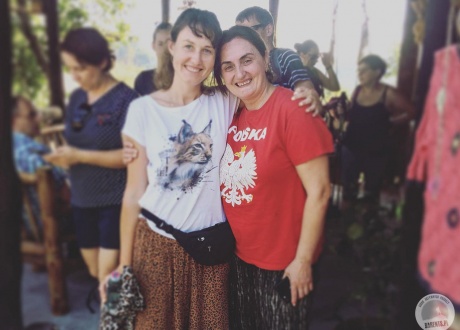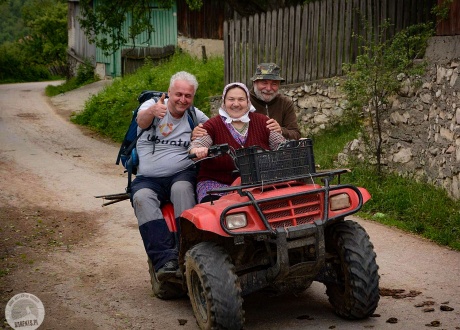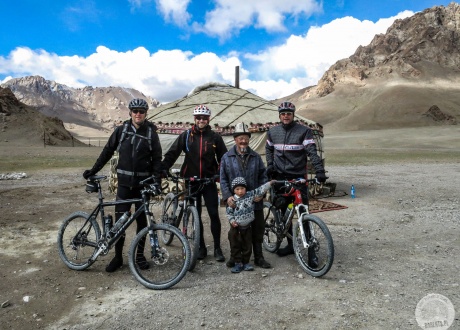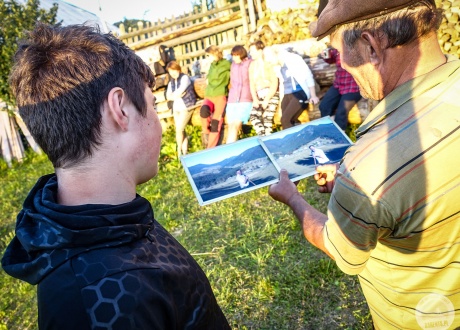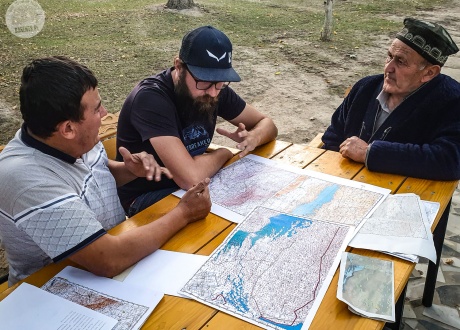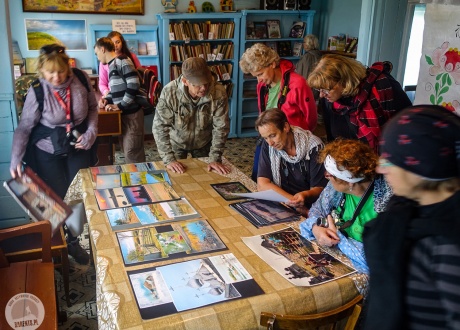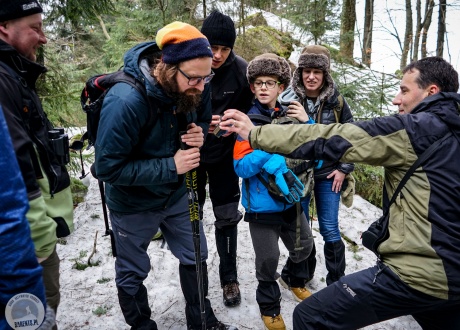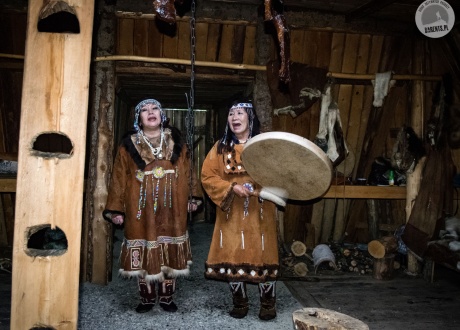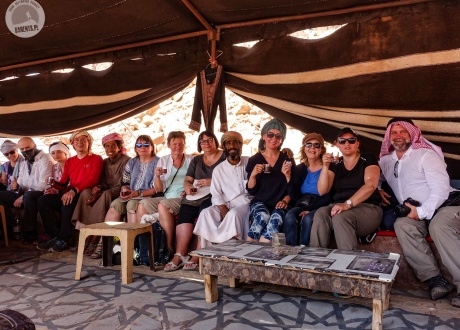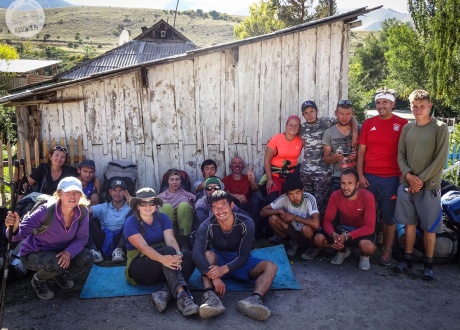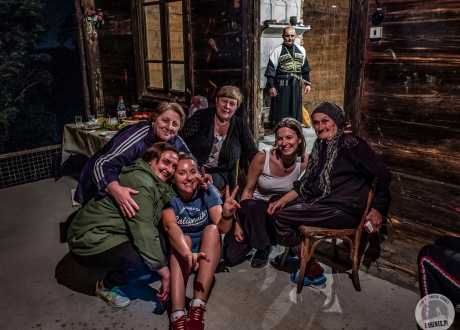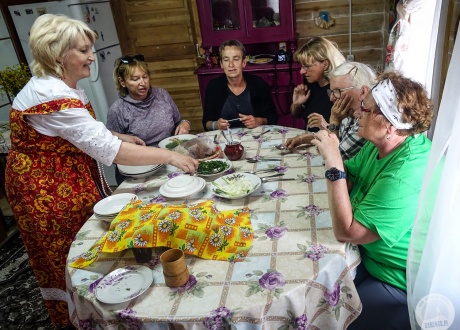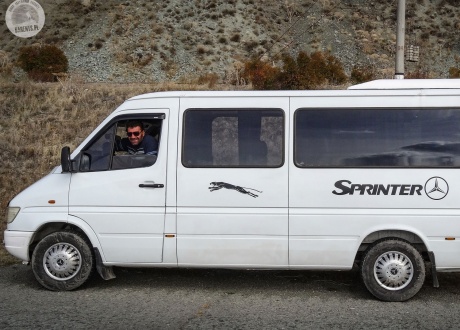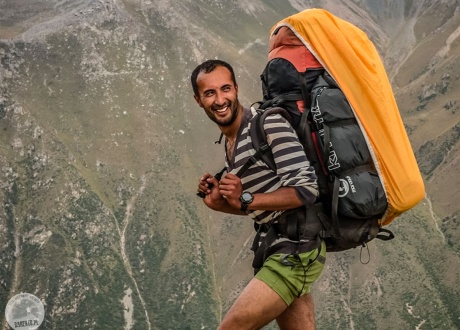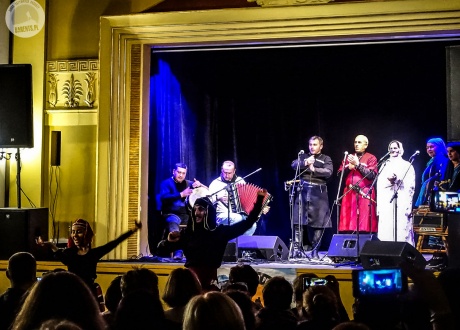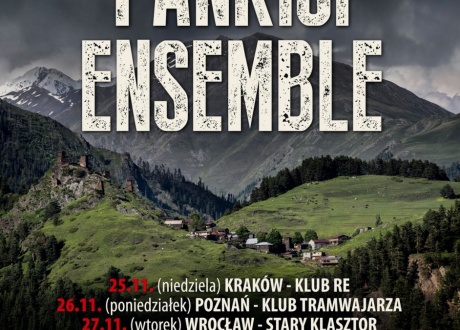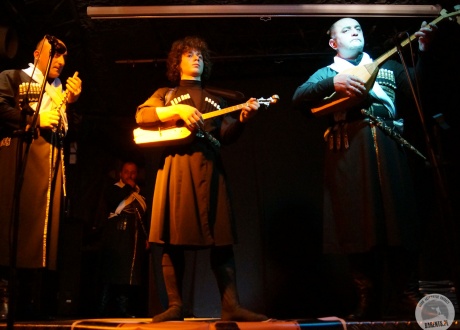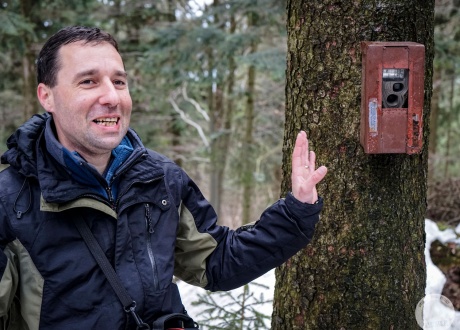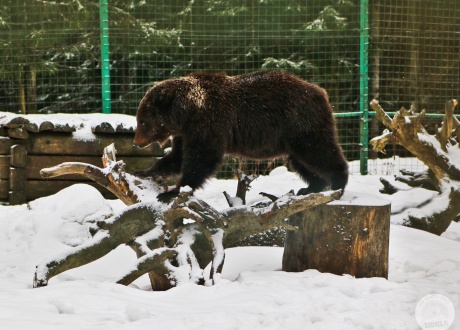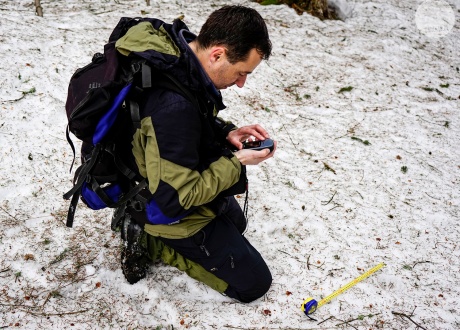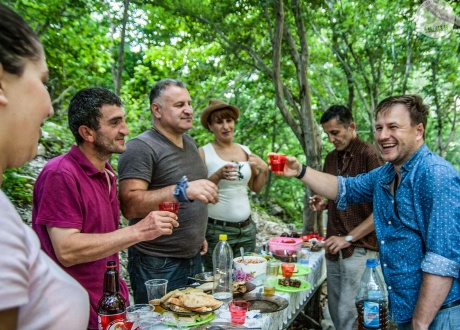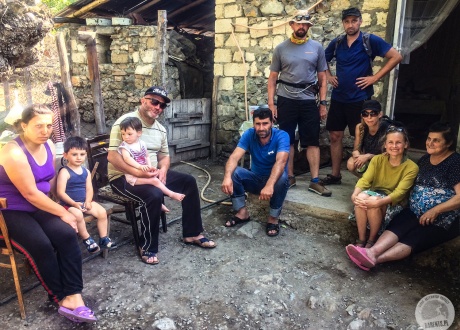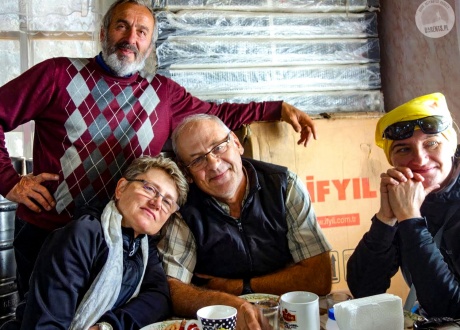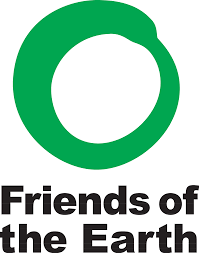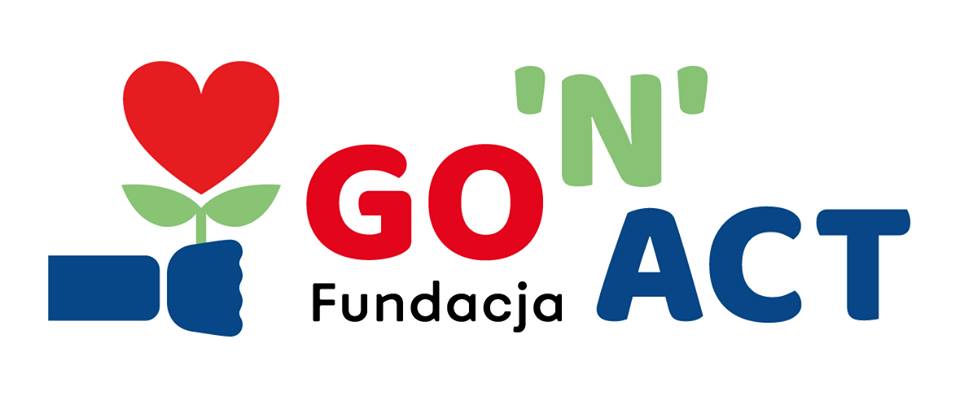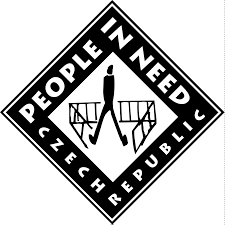![]()
THE UN SUSTAINABLE DEVELOPMENT GOALS THAT BARENTS.PL SUPPORTS:

![]()
HOW DO WE ACHIEVE THE SUSTAINABLE DEVELOPMENT GOALS?
![]() By involving residents in tourism planning and engaging them in cooperation we create job vacancies and reduce poverty.
By involving residents in tourism planning and engaging them in cooperation we create job vacancies and reduce poverty.
![]() We promote local production by encouraging our customers to buy from local manufacturers.
We promote local production by encouraging our customers to buy from local manufacturers.
![]() We inspire local communities to improve the sanitation network and the modernization of infrastructure. Part of the money that is earned by local communities is dedicated to such investments. Not only is the standard of service for tourists raised, but also the hygiene and health of the residents themselves.
We inspire local communities to improve the sanitation network and the modernization of infrastructure. Part of the money that is earned by local communities is dedicated to such investments. Not only is the standard of service for tourists raised, but also the hygiene and health of the residents themselves.
![]() We emphasize the empowerment of women - in most of our destinations, it is the woman who is in the role of managing the tourism product.
We emphasize the empowerment of women - in most of our destinations, it is the woman who is in the role of managing the tourism product.
![]() By increasing the involvement of the local communities in the development of the region, social inequalities are being reduced. This makes the area more likely to be visited by tourists in the future.
By increasing the involvement of the local communities in the development of the region, social inequalities are being reduced. This makes the area more likely to be visited by tourists in the future.
![]() Our activities foster the care and protection of cultural and natural heritage.
Our activities foster the care and protection of cultural and natural heritage.
![]() We try not to leave a negative footprint on the environment. When this is not entirely possible, we take care to offset the negative impact by supporting, for example, environmental organizations.
We try not to leave a negative footprint on the environment. When this is not entirely possible, we take care to offset the negative impact by supporting, for example, environmental organizations.
![]() We are committed to integrating and promoting diversity. Therefore, our tourists have the opportunity to experience unique encounters with the people and heritage of the countries visited.
We are committed to integrating and promoting diversity. Therefore, our tourists have the opportunity to experience unique encounters with the people and heritage of the countries visited.
![]() Our trips are encounters with different cultures. We foster multiculturalism and the exchange of experiences.
Our trips are encounters with different cultures. We foster multiculturalism and the exchange of experiences.
![]()
OUR DIRECT SUPPORT
"We organise trips in the spirit of responsible tourism. Tourism that supports, inspires, protects, leaves a positive footprint and offsets the negative one. The money we provide local services with goes to local hosts and entrepreneurs, which contributes to improving the living conditions of these people, increasing the number of jobs, reducing inequality and translating into regional development."
In Georgia, we live with local people, in guesthouses and agritourism farms. Many of these guesthouses and agro-tourism farms were set up as part of an NGO project, the Foundation for Sustainable Development and People in Need. These organizations work with local women, motivating them to educate themselves (they teach them crafts, how to run their own business or service business) and self-development. The families we live with, cook for us and help solve logistical and administrative problems. For transport, we use vehicles that are owned by small companies, and the owner is often the driver himself. During treks, our guide is usually a local guide. The porters and cooks are young boys and men from the local area, for whom holiday tourism work is often the only opportunity for employment and contact with foreign visitors. It is very important to us that business contributes to positive change in the regions we visit.
Thanks to our activities, local traditions are also being developed, especially unique ones that could be forgotten. In the poorest region of Georgia, the Pankisi Valley, we are working with Bela Mutoshvili, who with her activities is trying to preserve the culture of the minorities living in the region. In 2018, we invited her Pankisi Ensemble, which plays traditional Chechen-Georgian music, to Poland for a concert tour. In 2019, we invited a Georgian ensemble from Gelati, Trio Okriba, to perform polyphonic singing, for 2 concerts. In Banat (Romania), we get to know the villages inhabited by the Czech minority, which have uniquely preserved their authentic character. Through off-season trips, we enable locals to increase their meagre financial resources.
As part of its collaboration with the environmental foundation Friends of The Earth, we organize educational trips "In the footsteps of the wolf and lynx" on the border between the Czech Republic and Slovakia. We provide an opportunity to learn about wildlife from close up and at the same time draw attention to the essence of nature. Part of the profits from the tour is donated to nature conservation projects in the Western Carpathians. In 2020, we donated a total of PLN 1,500 together with the tour participants. In 2020, we launched a new project in this series 'Slovakia: the Great Fatra. Trekking along the bear trail'. Whereas, in Ukrainian Zakarpattia, we actively support the brown bear rehabilitation centre.
We also helped the EcoDevelopment Foundation working for Georgia by transporting 32 kg of maps for the new Machakhel National Park located in the Georgian Adjara. They were transported from Poland to Georgia by one of the tour guides, Bartłomiej Krzysztan. Our guides are also involved in fundraising - Kinga Goc with the help of Ksawery has organised "Szlachetna Paczka" collection on several occasions to support Georgian families in need, and Piotrek Rząca launched the WOŚP campaign on the slopes of Gudauri! We had the pleasure of co-organising an art and music festival - the Oodabno Festival - in the Georgian semi-desert in cooperation with Oasis Club. The event hosted alternative artists from Poland, Georgia and France!
![]()
![]()
![]()
Organising a trip responsibly is not always an easy task. That is why it is advisable to turn to a travel agency that plans a trip program based on the principles of responsible tourism.
Fortunately, at many historical sites, national parks, and local communities there are organisations that work for the development and protection of the region. They are worth looking at for. If you need a guide, instead of a large tour company from the capital, find a local specialist. This way you can be sure that you will not only learn everything first-hand but that your money will go to the local community and be used for its development.
![]()
REDUCE YOUR CARBON FOOTPRINT
Each of us contributes to carbon dioxide emissions - the gas that causes climate change. Sitting in a warm room, taking a bath, travelling by car, train or plane, shopping - we use the energy of burning fossil fuels and contribute to carbon dioxide emissions.
With the help of a special calculator, you can calculate what is your environmental impact of burning fossil fuels and compensate for it. By entering your destination, a simple calculation of the kilometers traveled gives you the amount of CO2 consumed, which is then converted into money that you can donate to any environmental cause. Each passenger can choose from numerous projects to support. Projects include: reforestation and land reclamation, reducing greenhouse gases, or developing renewable energy sources.
Carbon footprint calculator CLICK HERE
![]()
CONTACT WITH LOCAL COMMUNITIES
The way we behave and the memories we leave behind among the locals are important. When we return to Georgia, for example, with subsequent travelers, local friends say that our tourists are well-behaved and are well-remembered by their hosts, which makes us very happy.
What does it take to be well remembered? It is very simple. It is enough to respect traditions, and customs, sometimes different from the culture we know, such as those related to religion (in an Orthodox church, monastery, etc.). One should respectfully relate to the people one meets. Lack of respect; saying "you"; showing superiority over the other person; giving money without thinking, out of pity - such behavior is damaging; it causes a vicious circle later on; it shows us in a bad light.
![]()
INVESTIN YOUR MONEY WISELY WHEN YOU ARE TRAVELLING
Supporting local residents financially is important because it allows them to increase the level of services, and create new jobs, but above all, it has a real impact on raising their, often poor, standard of living. The point of responsible tourism, however, is not just to invest your money effectively, but also to inspire, listen to the ideas of local residents, and then motivate them to act. You can exchange ideas, help with planning, education, and employment, and show what the values of living in a democracy are - freedom of speech, learning languages, and broadening horizons. As a result of these conversations, we were able, among other things, to help and actively participate in the opening of a local restaurant in Areni (Armenia), helping to develop the service capacity of a driver in Armenia by purchasing an additional roof rack, supporting development activities for the people of Udabno organised by Kinga and Ksawery, who live there, and inviting local bands to Poland for concerts.
![]()
ORGANIC AND FAIR TRADE PRODUCTS
Fair Trade is a global, organised social movement that aims to support producers in developing countries by preventing poverty in the so-called Global South. This support involves creating stable, fair, and mutually beneficial trading relationships between the movement's participants, namely consumers, importing organizations, and producers. Currently, Fair Trade focuses on developing countries’ export goods such as handicrafts, coffee, tea, sugar, cocoa, chocolate, honey, cotton, wine, flowers, fruits (especially bananas), nuts, and grains (including rice and quinoa).
Fair Trade is based on the principles of fair wages, minimum price, fewer middlemen, decent wages, prepayments, long-term contracts, social premiums, protection of women's, children's, and workers' rights, cooperatives, and certification.
On our trips, we try to take tourists to places that operate on fair trade principles: for example, organic pepper farms in Cambodia or oil producers in Jordan.
![]()
RESOURCES AND LINKS
World tourism organization
UN Sustainable Development Goals
FairTrade (link is external)
Buy clothes responsibly
![]()
LIFE ON THE MOVE - THE SMART TRAVEL AID
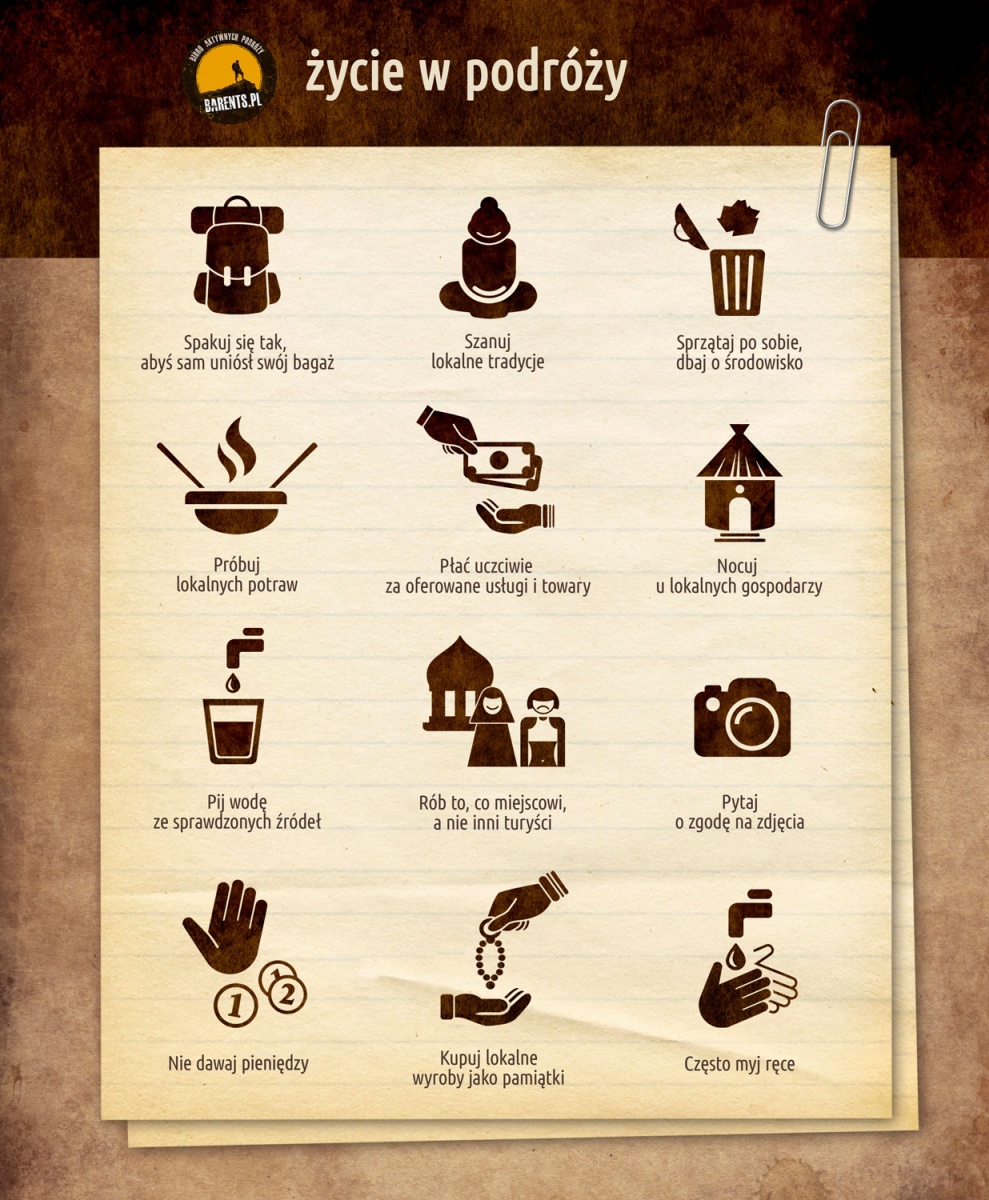
graphic design by Lidka Wiśniewska from Barents.pl
![]()
TIPS FOR RESPONSIBLE TRAVELLER
(based on World Tourism Organisation (UNWTO) guidelines - short list)
RESPECT YOUR HOSTS AND OUR COMMON HERITAGE
Learn about the specificities of the country/region you are travelling to
Give thanks for hospitality and do not abuse it
Respect customs
Respect the rules in sacred places
Learn basic phrases in the foreign language
Respect the privacy of local people
Leave a good impression
PROTECT YOUR PLANET
Respect nature
Take your rubbish with you
Reduce your water and energy consumption
Only light fires in designated areas
Walk on designated trails in protected areas
SUPPORT THE LOCAL ECONOMY
Buy local products
Pay your hosts, don't take advantage of their hospitality
Use local guides, transport, accommodation
Don't buy products from unknown, suspicious sources
BE AN INFORMED TRAVELLER
Take care of your safety
Carry a basic first aid kit and have emergency numbers with you
Make sure you have a copy of your identity papers (photocopy, scan on email)
Support the local community
BE A RESPECTFUL TRAVELLER
Respect the local law
If you want to help the needy, support an organisation that cares for them
Don't give people money for nothing
Be honest
PARTNERS
